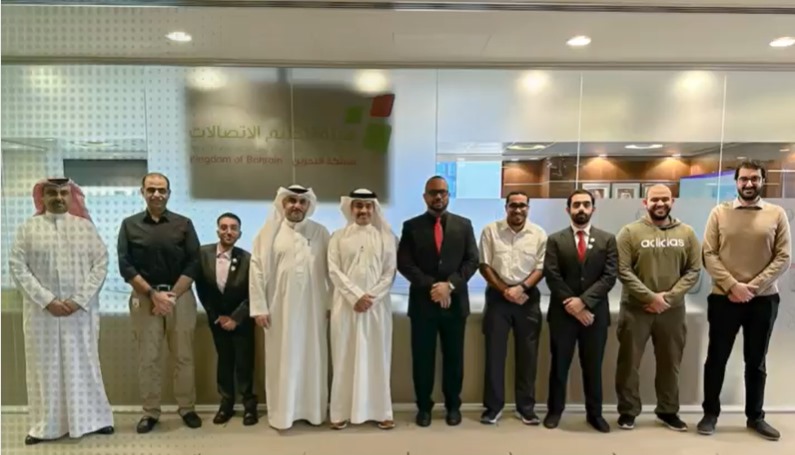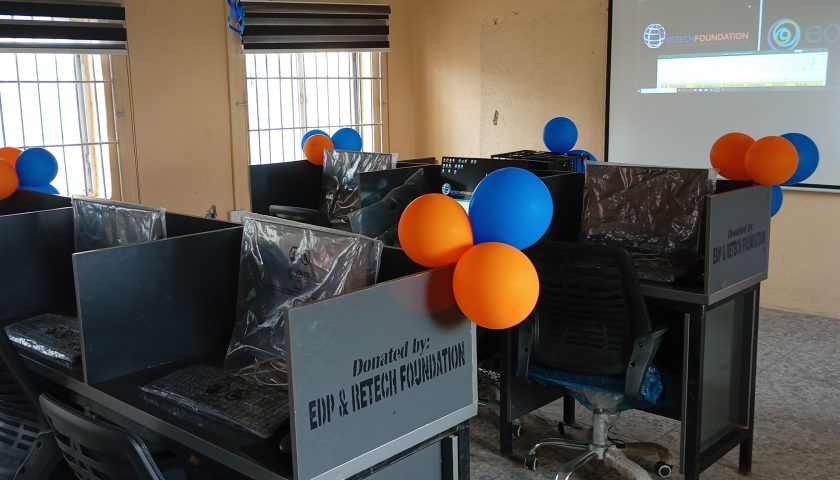While the Internet of Things (IoT) held great promise for a utopian future in which everything was connected to everything else, there were also huge security risks.
“Despite the very best efforts by IT security experts in academia and industry, manufacturers continue to bring devices with huge security flaws to market.
“At the same time, consumers are criminally negligent by not changing the passwords of new devices and making it dead-easy for hackers to penetrate their networks,” said Professor SH (Basie) von Solms, Director of the Centre for Cyber Security in the Academy for Computer Science and Software Engineering at the University of Johannesburg.
He said the risk was increasing exponentially as more IoT devices were flooding the market and being hooked up to the internet.
“Ranging from video surveillance cameras that connect directly to the Internet to vital life-supporting medical devices such as ventilators and heart monitors in hospitals, a large proportion of these gadgets can be hacked by intruders with even minimal skills in a matter of minutes.
“There are numerous examples worldwide of whole networks that have been brought to their knees as a result of internet-connected devices that had been hijacked and infected with malicious software (malware).” Von Solms said.
Recently when the chief security officer for the largest health provider in New Jersey in the United States launched an investigation to test the health of his IT network, instead of finding just the 30 000 computers he knew were connected across the company’s 13 hospitals, he discovered that more than 70 000 devices had been hooked up.
This included thousands of IoT devices such as ventilators, heart monitors, electrocardiograph machines and many other mission-critical machines he did not know about.
It also included tens of thousands of cell phones connected via a wireless network that connected the 13 hospitals in the group.
There are many hugely positive aspects to the internet of things that not only improved the lives of people using these devices but also held the promise of promoting rapid economic growth.
One company that has entered the commercialisation of IoT in a big way is Centurion-based Moyo Business Advisory MBA, a specialist business consultancy and big-data analytics house.
Dewald Lindeque, business development director at MBA said they had a substantial number of projects both commissioned and in the pipeline that had a massive economic impact on the sites where they had been implemented.
“The internet of things is basically about collecting large amounts of data from sensors that are used by industry to monitor a myriad of manufacturing and industrial processes”.
“The mining industry in South Africa has embraced the IoT in a big way using it to monitor equipment, prevent failures, optimise production and even prevent injury or death.
The sensors or devices are not what the hype is all about, it is what can be done with the data it collects, that adds tremendous value.
“At a time when the economy in general and mines, in particular, are having a hard time financially, cutting costs is essential,” Lindeque said.
From a security point of view, it is essential to incorporate controls and prevention methods at a micro level. Each functional unit should have, amongst other things, security features incorporated into its design.
Culled from Here





